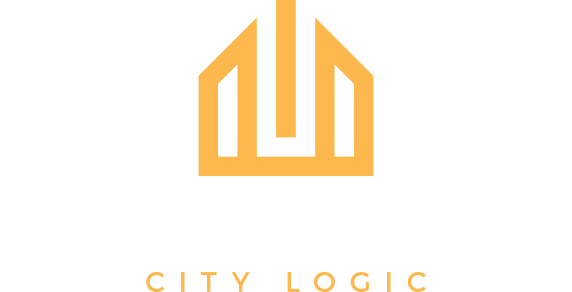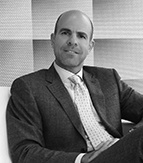Newgard Development Group Chairman and Managing Director Harvey Hernandez sat down with me to discuss his two Miami projects that are currently under development in Brickell and Downtown. BrickellHouse is under construction and Centro will break ground later this year in the heart of Downtown Miami. The partners of Newgard Development Group have spent 15 years in the South Florida real estate market. Founded by Harvey Hernandez, Newgard’s management team brings 40 years of combined experience in development, design and construction. Newgard’s approach to development includes innovative luxury buildings in desirable, centrally located neighborhoods, pedestrian-oriented lifestyles with cutting-edge amenities.
Miami Urbanist: Miami and Orlando will soon be connected by rail thanks to All Aboard Florida. Hopefully, commuter rail will soon follow. What opportunities do you see for transit-oriented development in South Florida?
Harvey Hernandez: We see great opportunity here. One of the main reasons we chose the Centro site was its proximity to transit. We believe in density and that having premium transit within walking distance is an attractive alternative to the car. Our consumers don’t necessarily own two cars; many are able to live comfortably with one or no car. In fact we have teamed up with car2go and they will have a designated Parkspot hub on the ground floor of our building.
Miami Urbanist: What are the strongest characteristics of the Centro site?
Harvey Hernandez: It’s in the middle of everything! It’s close to Brickell and within walking distance of mass transit. Whole Foods and Brickell CityCentre will soon open a couple of blocks from Centro.
Miami Urbanist: Please explain the parking situation at Centro, there seems to be a few misconceptions about parking.
Harvey Hernandez: Zoning allows us to provide parking offsite; therefore we don’t have to build parking. The parking garage is within 100 yards of Centro. We have entered into an agreement with the Miami Parking Authority to provide parking. We also provide 24-hour valet service and there is always the car2go hub at our doorstep.
Miami Urbanist: Has the parking situation discouraged people from buying at Centro?
Harvey Hernandez: We don’t see it at all. The buyers are coming from all segments of the market; whether they are young professionals, retirees, or 2nd home consumers they have one thing in common—less reliance on the car. All of our buyers want the urban living experience—they want to walk to restaurants, bars, the arts and other amenities. Many of our buyers are coming from suburbia; they don’t want to deal with long drives and the cost associated with maintaining a car.
Miami Urbanist: There is also a bike share component to Centro, would you please elaborate on this?
Harvey Hernandez: Centro will feature an electric bike-share program for residents in the future. This amenity is yet another eco-friendly and cost efficient alternative mode of transportation we like to offer to get city-goers where they want to go.
Miami Urbanist: Since you don’t have to build parking at Centro, are you able to pass the savings along to consumers?
Harvey Hernandez: Absolutely, parking adds substantially to our building costs. Consumers are paying 10-15% less for their units because we don’t have to build parking. Since we aren’t required to build parking, the housing we provide is more attainable.
Miami Urbanist: What types of tenants are you looking to attract for the ground floor retail?
Harvey Hernandez: There will be retail shops and an anchor restaurant featured on the ground floor, a convenient meeting space for the neighborhood.
Miami Urbanist: Do you think the current minimum parking requirements in Miami 21 are too high?
Harvey Hernandez: The real issue is that the city should improve mass transit system to the point it makes having a car a choice rather than a necessity. I think the city has been making lots of progress toward improving mass transit, but this is a process that will take some time.
Miami Urbanist: Let’s shift to BrickellHouse, which is currently under construction. You built a fully automated robotic parking garage. Why did you choose to build a robotic parking garage rather than a traditional parking garage?
Harvey Hernandez: BrickellHouse is a more luxurious project. We built the robotic garage for several reasons. The robotic garage allowed us to use 1/3 less space to accommodate parking. We also think the robotic garage will reduce the carbon footprint of the building, as residents won’t have to drive around in circles everyday getting in and out of the building. Lastly, it was a differentiator for the project. To many of our customers having a robotic garage is an attractive feature.

